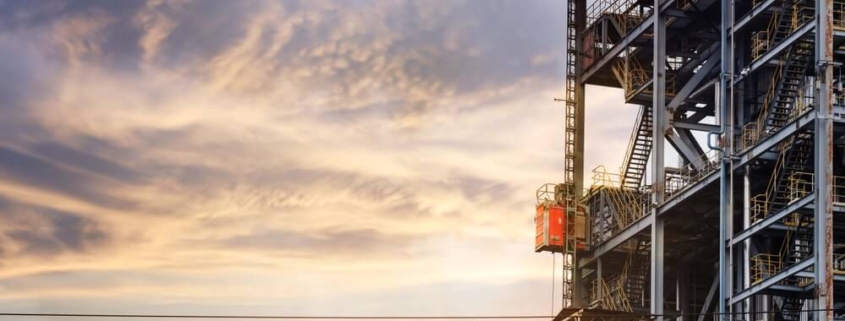The Dangers of Elevator Accidents on Construction Sites
Many large West Virginia construction projects require workers to frequently move up and down floors using elevator hoists. This is especially common during the construction of skyscrapers and high-rise buildings that go up several floors. Faulty elevators can be dangerous to the general public as well as to those who work on them. And construction industry workers have been shown to suffer more injuries and fatalities from elevator accidents than workers in any other occupation.
Construction elevators are inherently more dangerous than those that are installed for public use. They are often put together without nearly enough emphasis on user safety. Guardrails are frequently improperly installed, if they are installed at all. In addition, many of the elevator hoists receive very little (if any) maintenance while the project is ongoing, and workers do not always receive the appropriate protective gear and/or the training needed to prevent serious accidents.
All of this puts construction workers at greater risk of getting severely injured or killed in an elevator accident. And when this happens, it can take a major emotional and financial toll on everyone in the family. Those who work in construction are often the primary breadwinners for their family, and when they are forced to sit out of work for an extended period of time (or permanently), it is hard on everyone in the household.
When someone is injured in a construction elevator or hoist accident, they deserve to be fully compensated. But unfortunately, it is not always easy to recover the compensation that they are entitled to. Workers’ comp pays out some benefits (if you can successfully jump through all the hoops needed to qualify), but it does nothing to address the intangible costs of this situation, such as the pain and suffering that the injured construction worker is forced to endure.
If this has happened to you or a loved one, it is best to speak with an experienced workplace injury lawyer as soon as possible to discuss your legal rights and options. You may be able to recover damages over and above what is available through workers comp – depending on the circumstances of your case. If your elevator injury happened in West Virginia, call Bailey, Javins, and Carter L.C. at (800) 497-0234 or (800) 296-6979 for a free consultation and case assessment.
Elevator Injuries and Deaths in the Workplace
According to a report by the Center for Construction Research and Training, dozens of people are killed and thousands are seriously injured each year in accidents involving elevators and escalators. Of those, elevators are responsible for around 90% of the deaths and 60% of the serious injuries. Those who work in or near elevator shafts account for a significant percentage of these injuries and fatalities, although this is certainly a risk for passengers as well.
Some of the leading causes of elevator accidents in construction and other industries include:
- Falls, in particular, falls from a significant height.
- Getting caught in-between the moving parts of elevators and escalators.
- Getting struck by elevators or counterweights.
- Elevators or platforms that collapse.
Elevator accidents can result in a number of different types of injuries, which include:
- Traumatic brain injuries (TBIs)
- Back and neck injuries
- Facial injuries
- Spinal cord injuries
- Fractures/broken bones
- Amputations/loss of limbs
- Internal injuries
As we talked about earlier, the first place that an injured worker usually goes to get reimbursed for medical bills and lost earnings is their employer’s workers’ comp coverage. But in many elevator accident cases, a party other than the employer may be responsible, in which case you may be able to file a personal injury claim directly against the at-fault party.
Examples of scenarios in which a third party may be liable for an elevator accident injury include:
- Mechanical failure due to lack of proper maintenance by the elevator company.
- Electrical fires caused by faulty installation of wiring and cables.
- Improper leveling during installation causing the elevator braking system to malfunction.
- Various elevator accidents caused by product and/or part defects.
In West Virginia, there are also rare instances in which an injured worker can hold an employer legally responsible for what happened to them – if they can show clear and convincing evidence that their injury occurred because of their employer’s deliberate actions. Deliberate intent claims are difficult to win, but not impossible. Just be sure to work with a reputable firm that has the proven ability to hold reckless employers to account during these situations.
Contact Bailey, Javins, and Carter L.C. for Help with Your Elevator Accident Claim
If you or someone close to you got injured in an elevator accident in West Virginia, Bailey, Javins, and Carter L.C. is ready to go to work for you! Call us at (800) 497-0234 or (800) 296-6979 or message us online to schedule your free, no obligation consultation.




